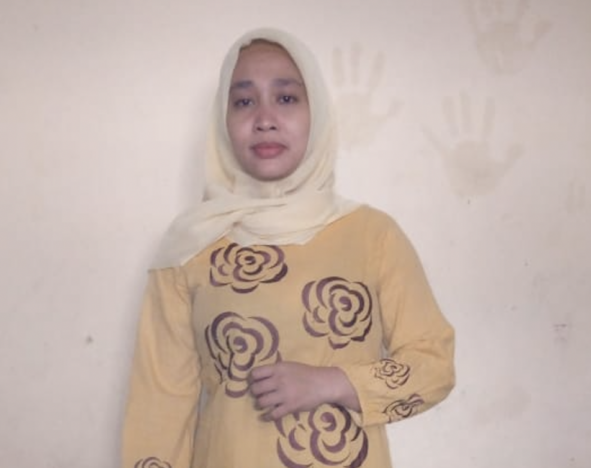
News
The Right to Health
Play audio version
Indonesian Women with Disabilities Struggle to Access Free Healthcare
July 12, 2022
Translated from Bahasa Indonesia.
Click here for the Bahasa Indonesia version of this article.
MATARAM, Indonesia — According to a 2020 survey by Indonesia’s Central Bureau of Statistics, some 22.5 million people are disabled in Indonesia. In theory, these individuals are entitled to the same affordable and quality healthcare as everyone else. On this point, Indonesia’s 2016 “Law 8 on Persons with Disabilities” is clear: persons with disabilities must have equal access to treatments, medications, and life-saving medical information like how to protect themselves from COVID-19 and other infectious diseases. In 2011, the Indonesian government also ratified the United Nations Convention on the Rights of Persons with Disabilities (UNCRPD), which requires participating nations to “provide persons with disabilities with the same range, quality, and standard of free or affordable health care and programs as provided to other persons.”
But six years after Indonesia passed its disability law and eleven years after it ratified the UNCRPD, Indonesians with disabilities do not have equal access to healthcare. The reasons are myriad and complex. Some relate directly to discrimination (individual and systemic), and some connect to a vicious cycle for many Indonesians with disabilities. Living in poverty because of barriers to education and employment, they can’t afford to pay for healthcare. Forced to go without medical treatment, they become sicker and perhaps more disabled and fall deeper into debt.
Sustia Rini, who goes by “Rini,” is a 37-year-old woman with a disability who lives in Mataram, the capital of the Indonesian province of West Nusa Tenggara. When she was six years old, she developed a high fever, and despite her parents’ best efforts, her illness resulted in a permanent disability – a weakness in her left leg that makes it difficult to walk. In 2005 Rini married, and she and her husband had four children. When she was pregnant with her third child, Rini applied for what is known as a BPJS health insurance card to reduce the cost of giving birth in a hospital. She paid $8 a month in premiums for herself and her family – a fortune for Rini, who did not have a steady income. After giving birth, she decided to stop paying the fees. She wasn’t sick, she reasoned, so why pay for something she wasn’t using? Rini never realized the impact this would have on her and her family. When she needed it most, health insurance would be beyond her grasp.
Healthcare Reform in Indonesia
Since 2014, Indonesia has reformed its national health insurance system to provide healthcare coverage for all Indonesians. National Health Insurance (JKN) is mandatory, universal health insurance. Its intent is to encourage Indonesians to access health services when they need them and to protect against household poverty due to exorbitant medical costs. JKN is managed by the Health Care and Social Security Agency (BPJS). As of 2019, 220 million Indonesians – almost 84 percent of the population – were JKN participants.
Participants are divided into two major groups: premium-assistance beneficiaries (PBI) and non-premium assistance beneficiaries (non-PBI). PBI beneficiaries are the “poor” or “near poor,” and their premiums are covered by the government. Non-PBI beneficiaries include primary workers (those with steady employment); secondary workers (those who have/had/will have temporary employment); and non-workers (those who are unemployed). Referred to as “independent participants,” secondary workers and non-workers within the non-PBI beneficiary group pay independently; employers pay the premiums of primary workers.
When Rini first applied for her insurance card, she did so as an independent participant. After she let her payments lapse for two years, her first child became sick in 2015 and was hospitalized. The medical bills were much more than she could afford, so Rini decided to reapply for Indonesia’s health insurance as a PBI beneficiary. While Rini did qualify as “poor/near poor,” there was a catch. She had to pay off what she owed as an independent participant before she could receive PBI, she was told. Rini was caught in a bind. While she was “poor enough” to qualify for PBI, her lack of income prevented her from paying off her bills so she could receive the free insurance. “As a housewife and head of household, I cannot afford to pay arrears for approximately 8 years,” she says. “That was the obstacle I found when I wanted to make PBI for my family members.” With nowhere to turn, she borrowed money from her brother to pay her son’s hospital bills.
In Indonesia, women with disabilities are often the “poorest of the poor” and are particularly vulnerable to gender-based violence. Rini has been no exception. In 2019, she left her husband because of abuse, and she has not had any type of permanent employment. Now, every time she or someone in her family needs healthcare, she faces difficult choices that could drive her and her children further into poverty.
In Indonesia, many independent participants like Rini don’t pay their premiums. They register when they’re sick and stop paying afterward. According to the Finance Ministry, in 2018 46.3 percent of independent participants did not pay their premiums, resulting in a total debt between 2016 and 2018 of about one billion U.S. dollars. Rini is also not alone in her struggles to get a PBI card. The results of an assessment by the Association of Indonesian Women with Disabilities (HWDI) of NTB Province show as many as 20 women with disabilities in Kediri District, West Lombok Regency, West Nusa Tenggara Province, do not have BPJS cards, both independent and PBI. In addition to the challenge of clearing previous debts, persons with disabilities, especially women, are not registered in the Integrated Social Welfare Data (DTKS). This automatically precludes them from receiving any social assistance, including BPJS PBI.
Hope for Women with Disabilities in West Lombok
In an interview with the Disability Justice Project in June, Nurse H. Zuljipli, M.M., Secretary of the West Lombok District Health Office, said the rules for PBI actually changed in 2020. The West Lombok Regency regional government made a request to BPJS: accept West Lombok residents into the PBI program even if they owe money as former, non-PBI participants. What this means is that West Lombok residents like Rini can now apply for PBI without paying off their debts first. “The poor are certainly people who cannot afford to finance themselves for primary health financing … in outpatient health centers, in inpatients in hospitals,” Zuljipli said. “We prioritize disability.” Upon hearing this news, Rini felt a huge sense of relief – for herself and for all women with disabilities in her community who need free health insurance. She is now preparing to apply for PBI with the help of HWDI of NTB Province.
In his interview with the Disability Justice Project, Zuljipli also said his office has 3000 extra shares of free healthcare to distribute, so organizations like HWDI of NTB Province will begin collecting data on persons with disabilities who do not have BPJS PBI cards, encouraging them to apply. In terms of the DTKS requirement, Zuljipli said that DTKS is indeed necessary for obtaining a BPJS health card if BPJS is funded by the Ministry of Social Affairs. However, since many West Lombok residents are not included in DTKS, the West Lombok Health Office took the initiative to have BPJS funded by the West Lombok Regency local government so that people could register for BPJS PBI without using DTKS requirements.
Rini says free health insurance will have a significant impact on all areas of her life. No longer dependent on others to pay her bills, she and her family will grow stronger and more independent. They will access healthcare when they need it. Today, Rini is studying to become a paralegal so she can assist other women with disabilities who have experienced violence. Her hope is that, at least in her community, she can help reverse some of the devastating statistics that have plagued women with disabilities for too long.
Sri Sukarni is a 2022 DJP Fellow and chairperson of HWDI of NTB Province. @2022 HWDI. All rights reserved.
News From the Global Frontlines of Disability Justice
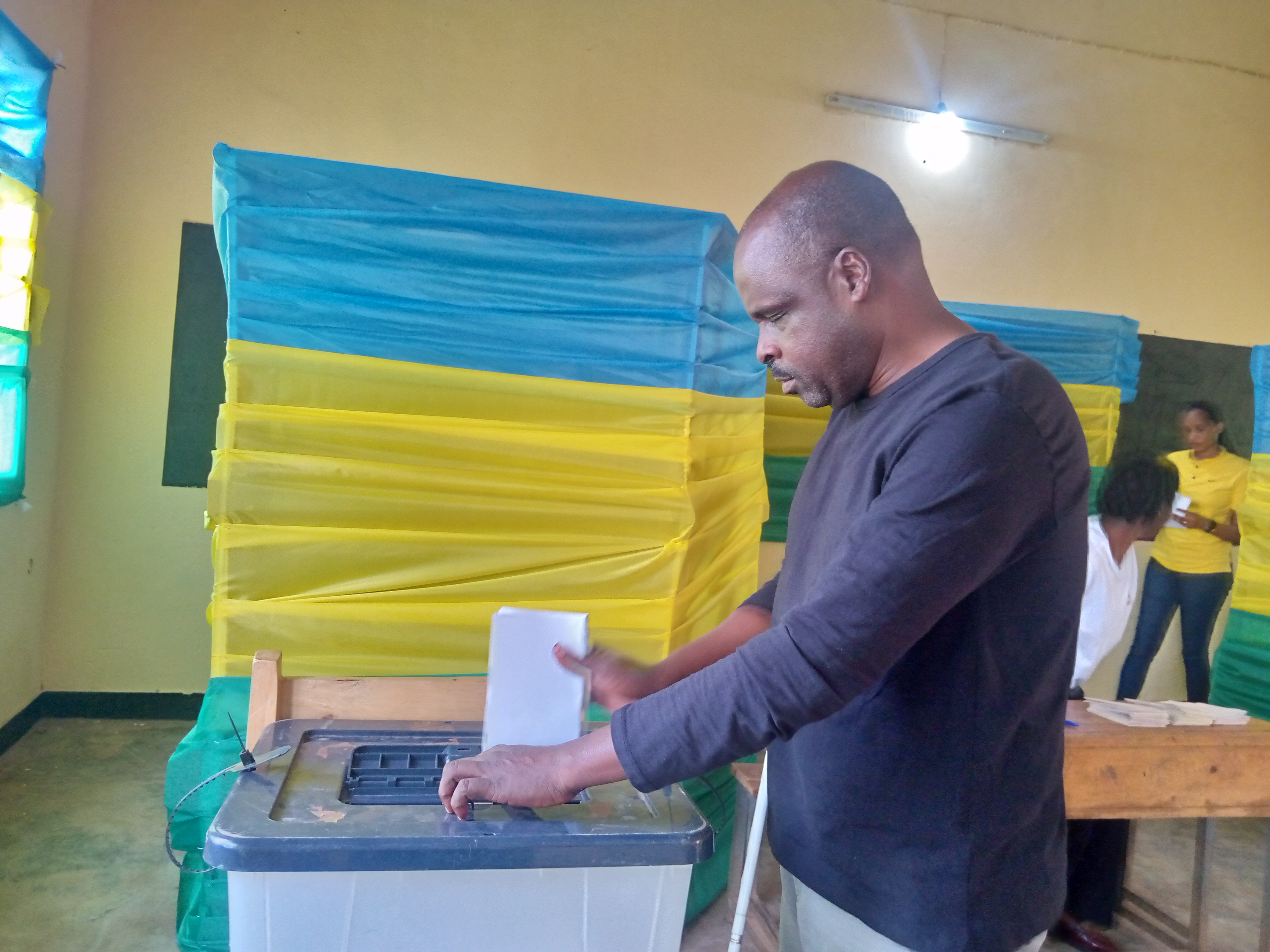
Advancing Democracy
Rwanda has made significant progress in making its elections more accessible, highlighted by the July 15 general elections where notable accommodations were provided. This was a major step forward in disabled Rwandans’ quest for equal rights and participation. “You cannot imagine how happy I am, for I have voted by myself and privately as others do accessibly,” says Jean Marie Vianney Mukeshimana, who used a Braille voting slate for the first time. “Voting is a deeply emotional and meaningful experience for a person with any disability in Rwanda, reflecting a blend of pride, empowerment, and hope.”
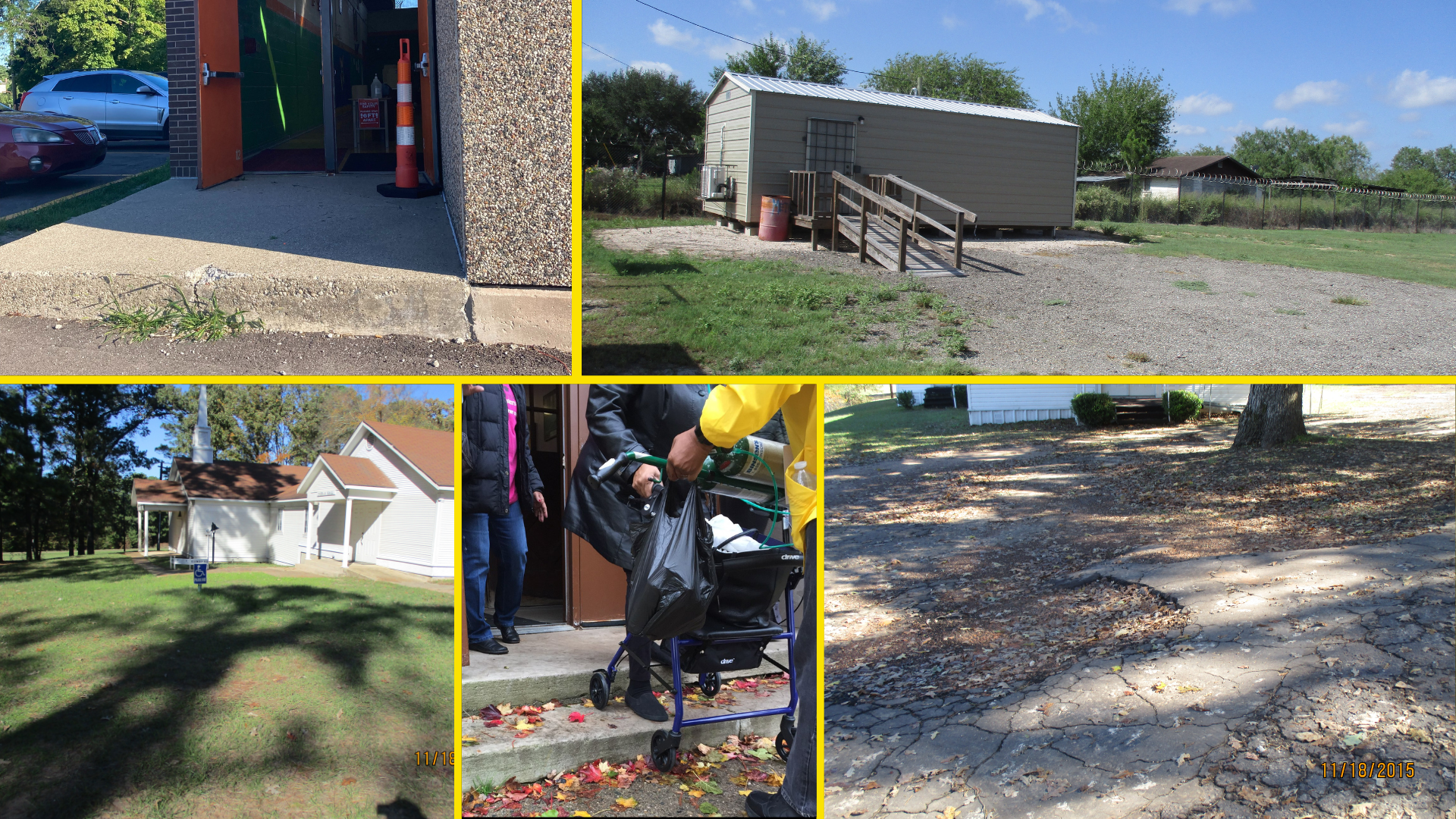
Barriers to the Ballot
Despite legislation like the Americans with Disabilities Act, barriers at the polls still hinder — and often prevent — people with disabilities from voting. New restrictive laws in some states, such as criminalizing assistance with voting, exacerbate these issues. Advocacy groups continue to fight for improved accessibility and increased voter turnout among disabled individuals, emphasizing the need for multiple voting options to accommodate diverse needs. ““Of course, we want to vote,” says Claire Stanley with the American Council of the Blind, “but if you can’t, you can’t.”
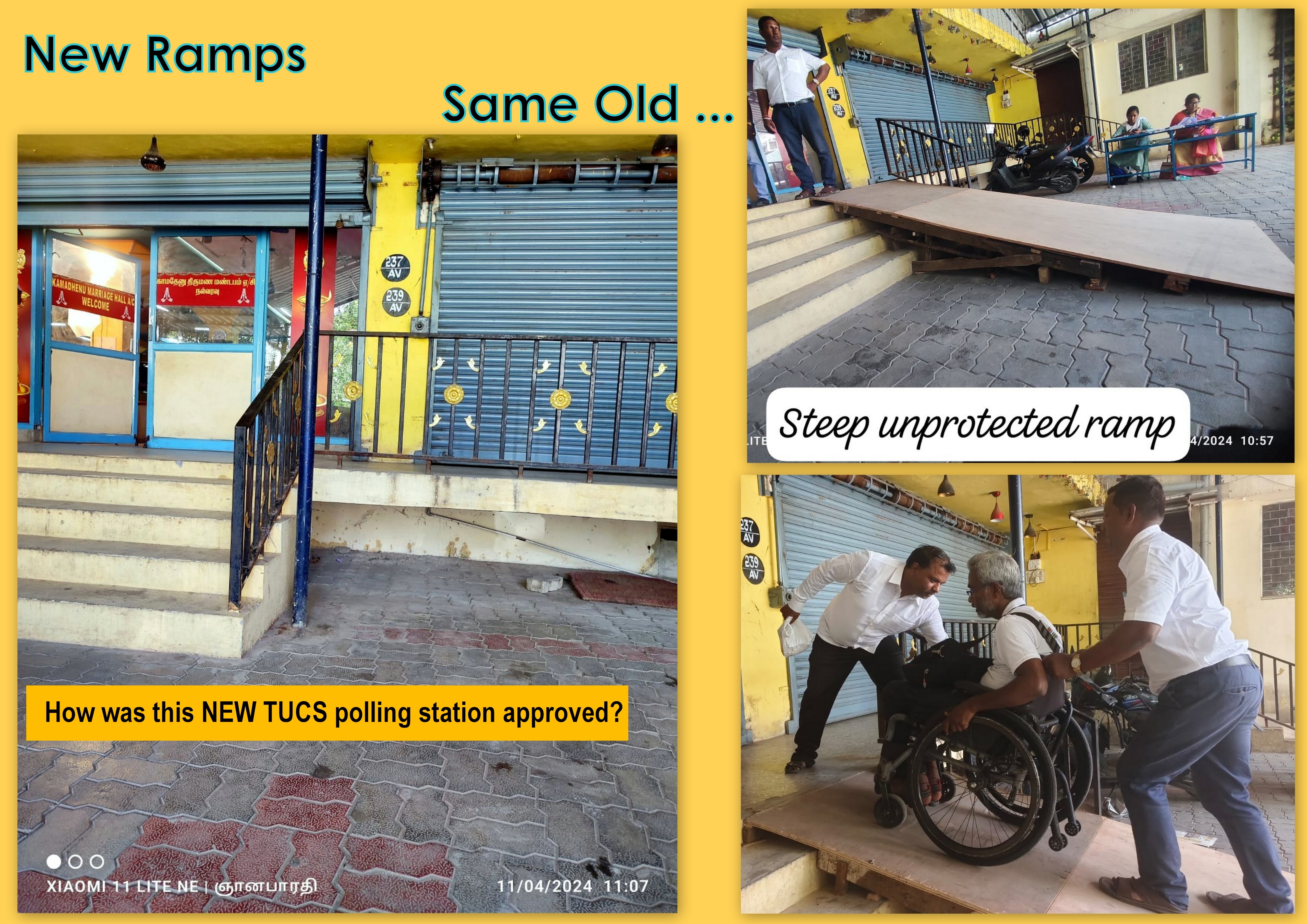
Democracy Denied
In 2024, a record number of voters worldwide will head to the polls, but many disabled individuals still face significant barriers. In India, inaccessible electronic voting machines and polling stations hinder the ability of disabled voters to cast their ballots independently. Despite legal protections and efforts to improve accessibility, systemic issues continue to prevent many from fully participating in the world’s largest democracy. “All across India, the perception of having made a place accessible,” says Vaishnavi Jayakumar of Disability Rights Alliance, “is to put a decent ramp at the entrance and some form of quasi-accessible toilet.”
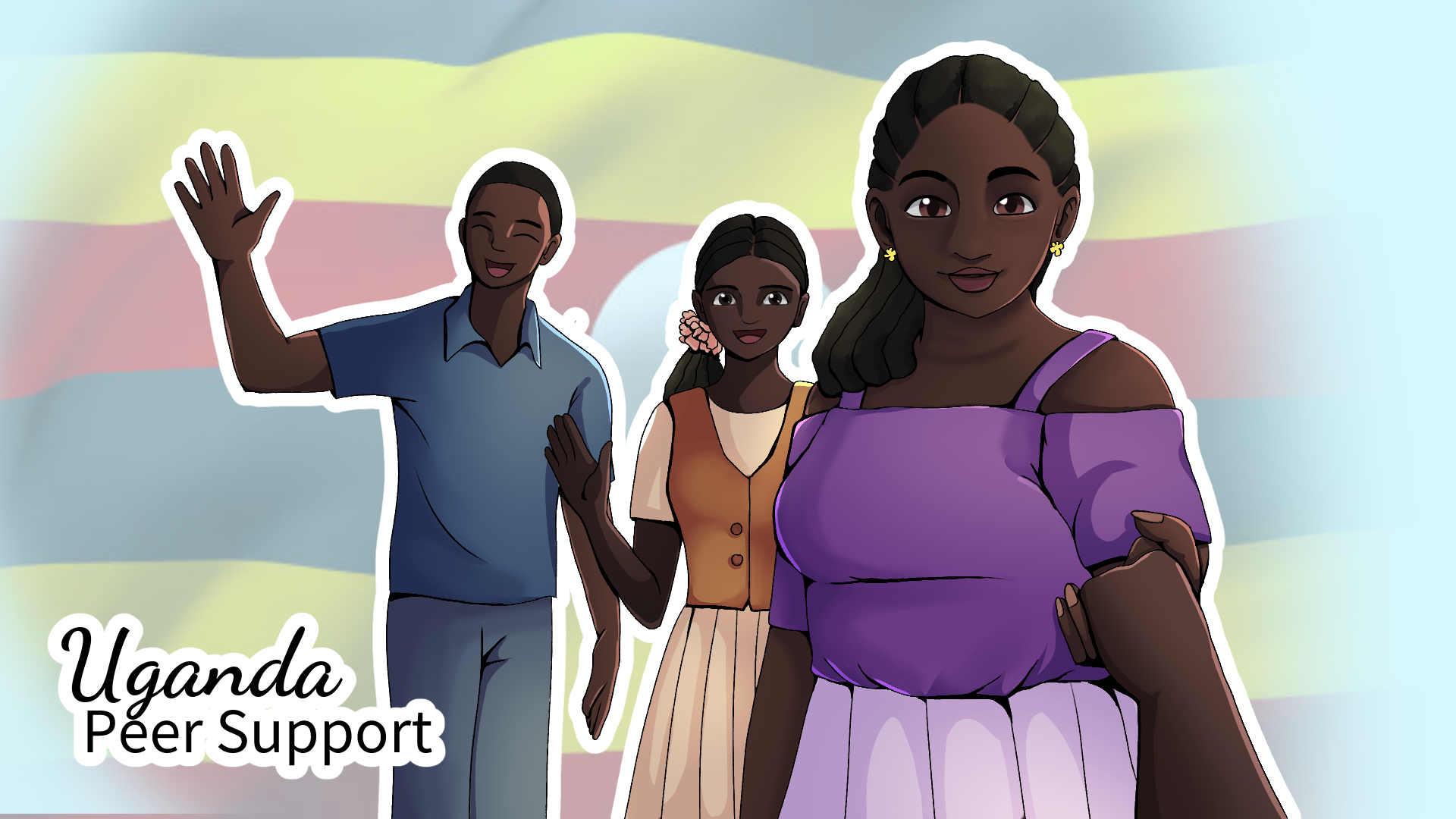
Triumph Over Despair
DJP Fellow Esther Suubi shares her journey of finding purpose in supporting others with psychosocial disabilities. She explores the transformative power of peer support and her evolution to becoming an advocate for mental health. “Whenever I see people back on their feet and thriving, they encourage me to continue supporting others so that I don’t leave anyone behind,” she says. “It is a process that is sometimes challenging, but it also helps me to learn, unlearn, and relearn new ways that I can support someone – and myself.”
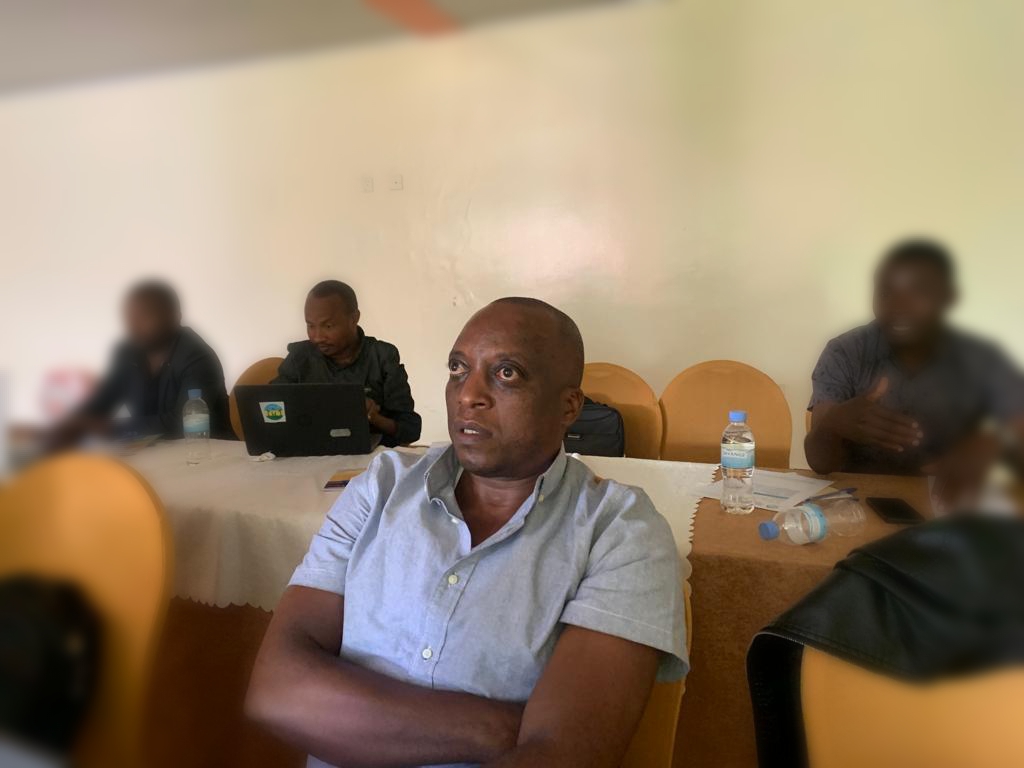
‘Our Vote Matters’
As Rwanda prepares for its presidential elections, voices like Daniel Mushimiyimana’s have a powerful message: every vote counts, including those of citizens with disabilities. Despite legal frameworks like the UN Convention on the Rights of Persons with Disabilities, challenges persist in translating these into practical, accessible voting experiences for over 446,453 Rwandans with disabilities. To cast a vote, blind people need to take a sighted relative to read the ballot. An electoral committee member must be present, violating the blind person’s voting privacy. “We want that to change in these coming elections,” says Mushimiyimana.
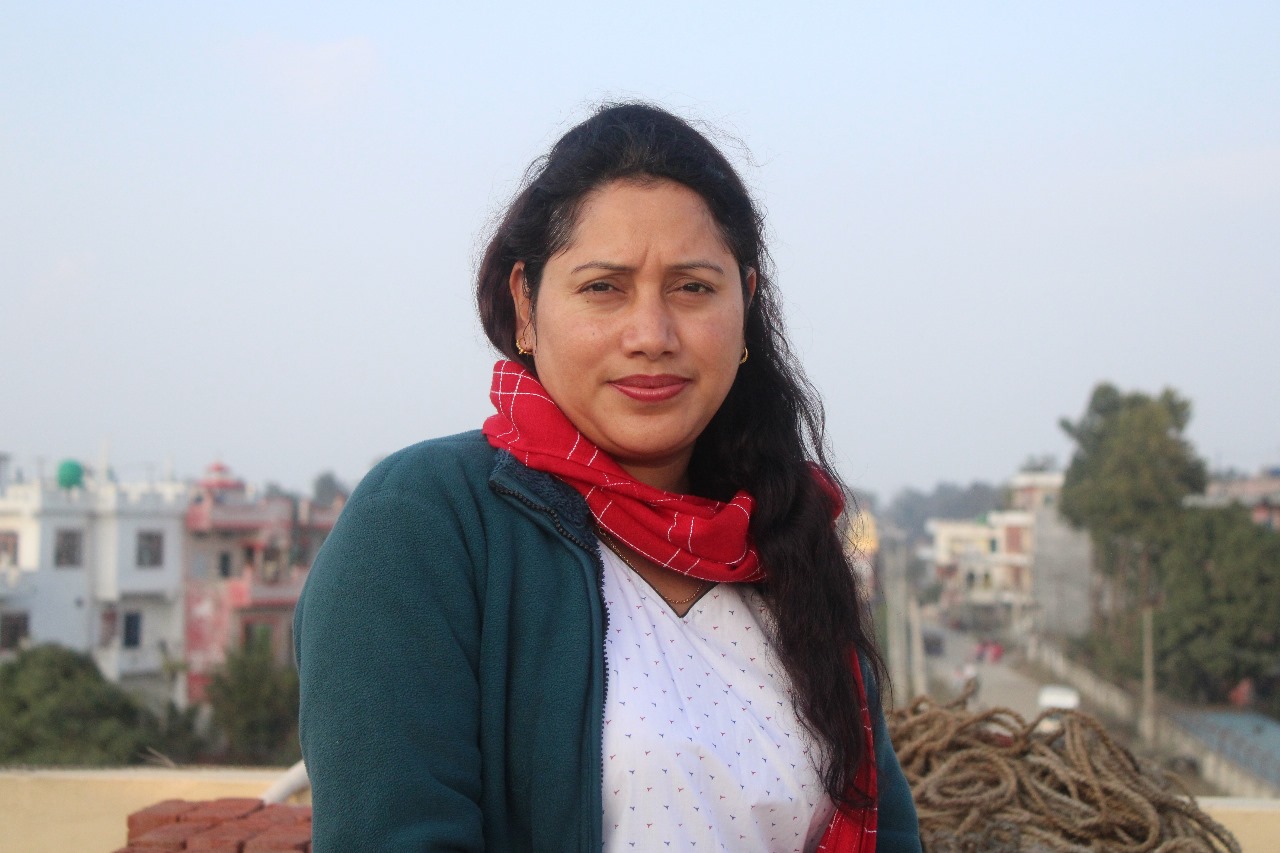
Voices Unsilenced
Often dismissed as a personal concern, mental health is a societal issue, according to Srijana KC, who works as a psychosocial counselor for the Nepali organization KOSHISH. KC’s own history includes a seizure disorder, which resulted in mental health challenges. She faced prejudice in both educational settings and the workplace, which pushed her towards becoming a street vendor to afford her medications. Now with KOSHISH, she coordinates peer support gatherings in different parts of Nepal. “It is crucial to instill hope in society, recognizing that individuals with psychosocial disabilities can significantly contribute,” she says.